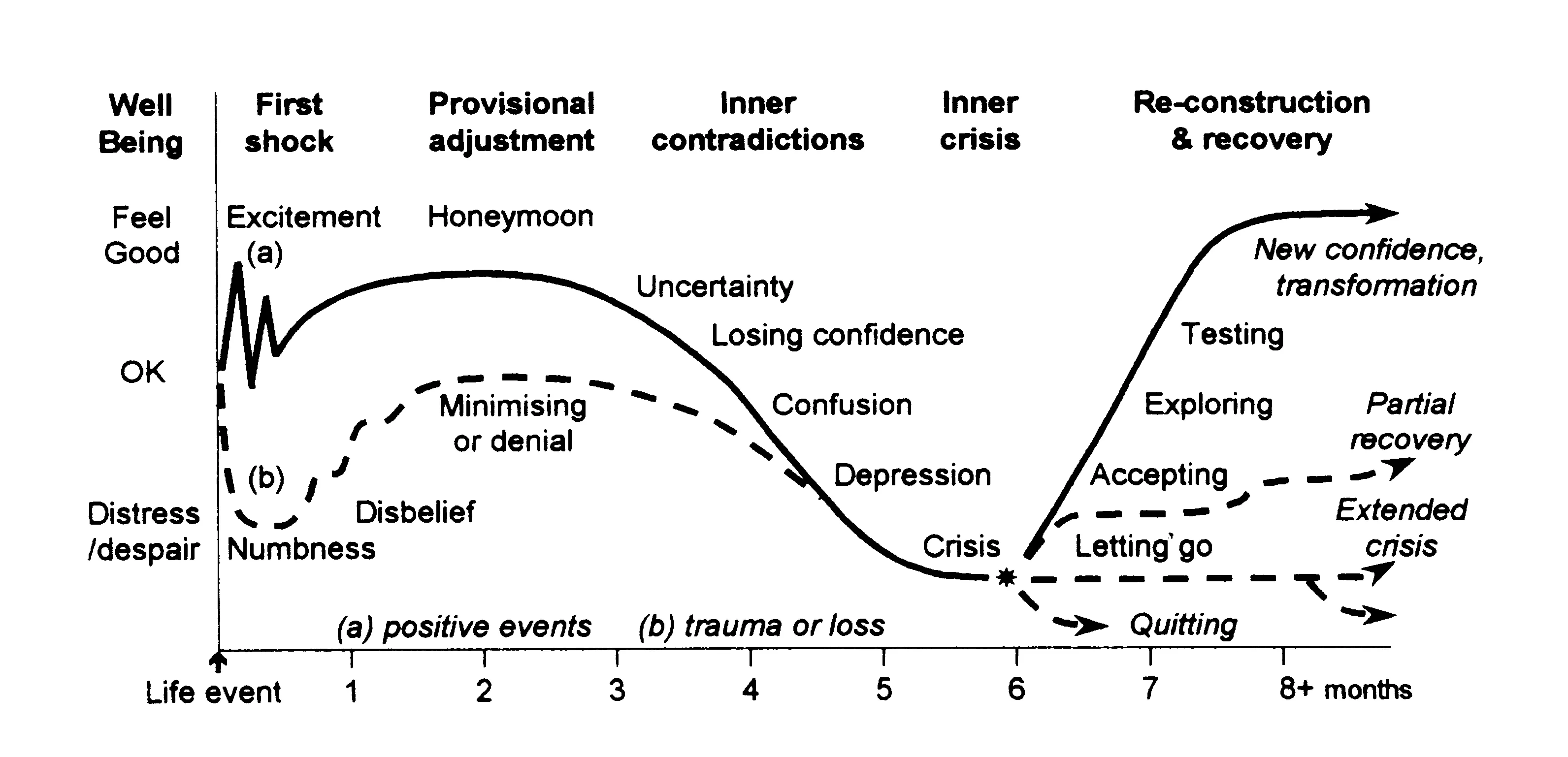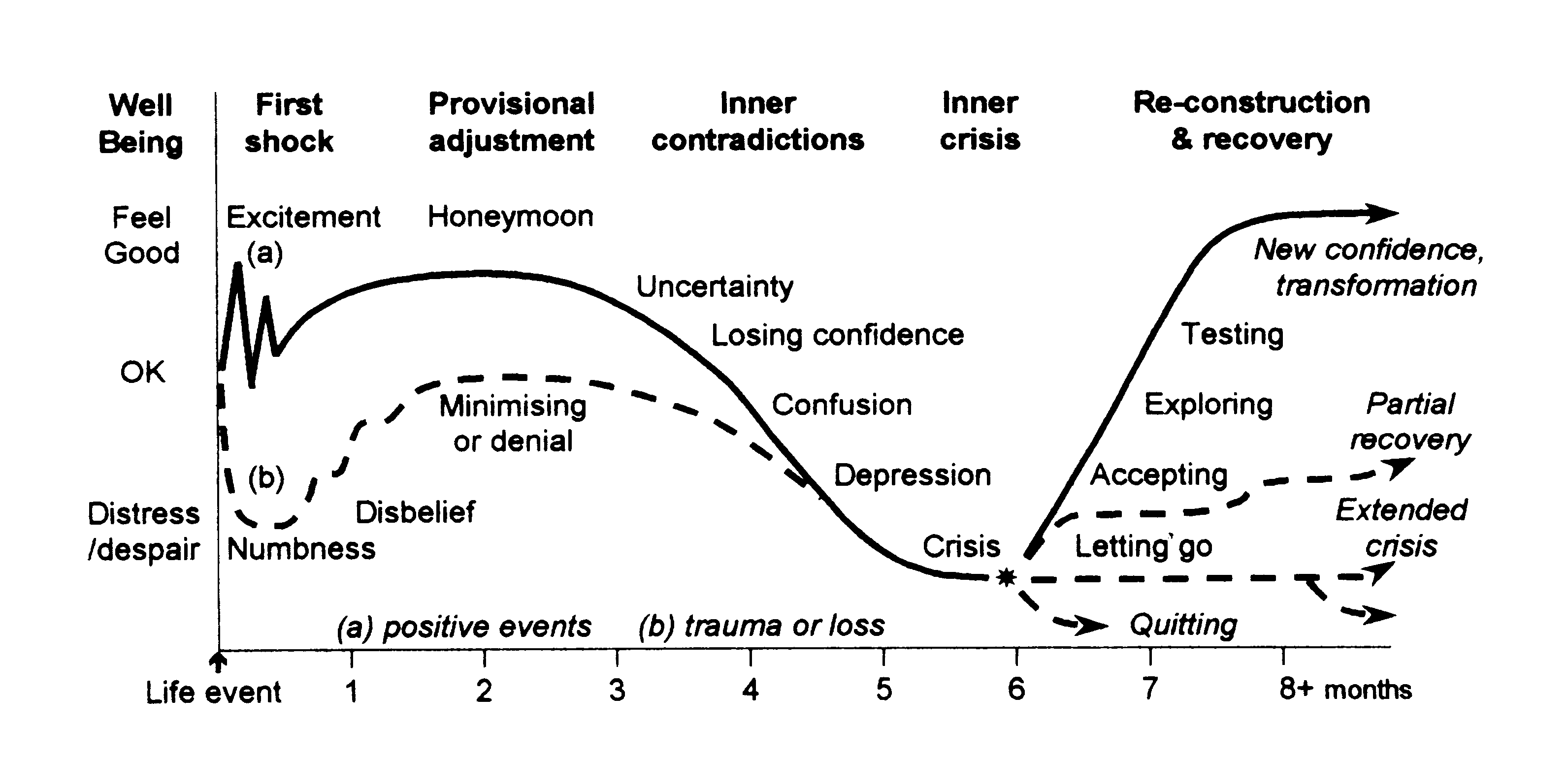Asking for a Raise

Asking for a raise can be anxiety provoking; therefore, many people put it off because they are afraid. A very common error is to hope the problem will be magically solved and your boss will automatically remedy the situation for you. The second most common mistake is allowing the built up resentment of feeling underpaid to grow to a point where you begin making aggressive demands.
Generally, neither approach is successful. If you are hoping for a pay increase, here are some things to take into consideration before having that conversation with your boss.
1. First and foremost, objectively research the worth of your job in your city.
To discover the market value of your position, use salary comparison websites like salary.com or glassdoor.com. It can also be helpful to speak with colleagues in similar roles; however, just be aware that some companies have confidentiality policies prohibiting the disclosure of salary and benefit information amongst employees. And, speaking of policies…
2. Research your company’s policies.
Here are some questions to consider: Are salary increases based on a set schedule or rank? Are annual performance reviews required for a salary increase? Who makes the final decision – your boss or HR?
3. Prepare a list of your accomplishments.
Hopefully, this will help remind not only your boss but yourself why you are deserving of a raise. Remember that confidence counts! If you aren’t sure that you actually deserve a raise, your boss will doubt it too.
4. Expect three impasses.
As you are preparing to have this conversation, try to anticipate at least three negative responses from your boss and plan your rebuttals accordingly.
5. It is professional, not personal.
Keep your focus on the value you add to the organization. Personal factors like the fact that you have children, student loan debt, etc. are not the organization’s problem. Concentrate on why you deserve the raise - not why you need it.
6. Timing is everything.
The best time to ask for more money is after you have demonstrated success on the job. Perhaps you finished a challenging project or implemented a more effective policy.
Capitalize on the timing of your success. Keep in mind that you don’t always have to wait for your performance review to ask for a raise. Often that seems like a logical time, but many company’s form fiscal year budgets during a different time, so get your request in early.
7. Go for it!
Gather your facts, rehearse your pitch, and go in and ask. Few managers are going to be surprised or offended by the request. Remember, the worst that can happen is your boss will say no. If, unfortunately, your request is rejected, don’t steal away in embarrassment and try to consider some alternatives.
Consider asking for a better title which could be more marketable for you in the future. If budgets are an issue, ask when it might be reasonable to consider this conversation again or ask if a one-time bonus is a possibility. If your boss seems unconvinced, pointedly ask what you could do going forward to merit a pay increase. Remember, there is no shame in asking for a raise.
Even if you don’t get the result you want, it is important to get comfortable asserting yourself and that only comes with practice.




